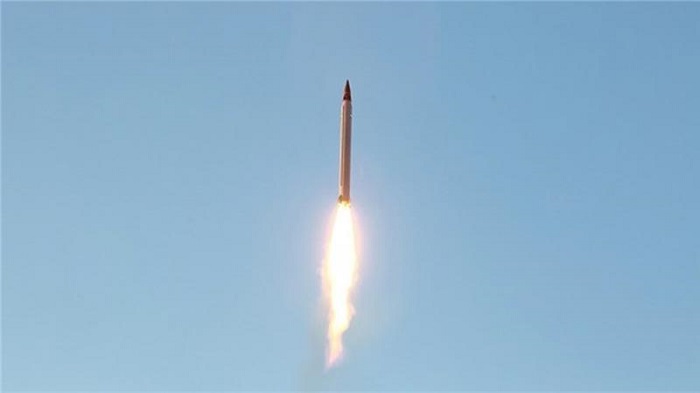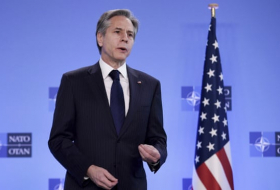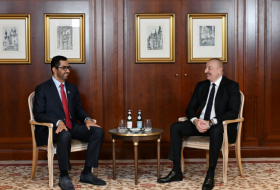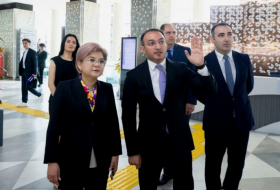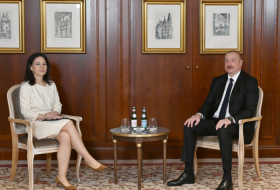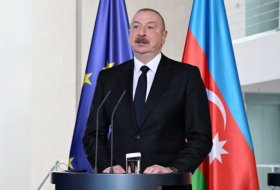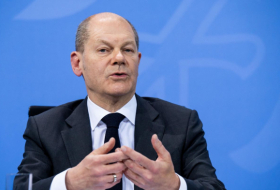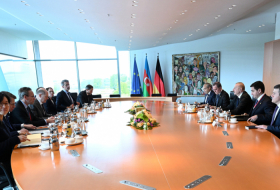South Korea’s Kospi, which fell as much as 0.6%, turned higher by midday as investors shrugged off concerns that the missile launches indicated its fractious neighbor to the north was continuing with its nuclear-weapons program.
Sentiment was muted because the market is used to such actions by North Korea and hasn’t taken prior ones very seriously, said Margaret Yang, market analyst at CMC Markets.
“This is not the first time North Korea has made such noises,” Ms. Yang said.
Still, the missile launch “kind of confirms the unpredictability of North Korea,” said Jingyi Pan, market strategist at IG Group.
Also helping the Kospi rebound was gains in heavily weighted Samsung, which rose 1.1% to fresh record highs.
This followed the index’s 1.1% drop Friday as China moved to restrict its tour groups bound for South Korea. The decline in the Korean won then also limited a further drop Monday in the currency, said Sean Callow, senior currency strategist at Westpac.
Most other stock markets in the Asia-Pacific region were higher, though Japan bucked the trend. The Nikkei was 0.4% lower on news that some of the missiles launched by North Korea fell within Japan’s Exclusive Economic Zone. In addition, the yen, which pulled back against the dollar late last week, retraced to ¥113.85 Monday.
Sumitomo Mitsui Financial Group fell 1.9% to a one-month low after the company said late Friday its main banking unit would sell shares in the parent that Sumitomo Mitsui Banking acquired during a 2012 group restructuring.
“Increasing its own capital isn’t necessary for a company that has a sound financial footing,” said Masayuki Kubota, chief strategist at Rakuten Securities.
Elsewhere, Australia’s S&P/ASX 200 was up 0.2%, buoyed by rising commodity prices, while Hong Kong’s Hang Seng Index and the Shanghai Composite each rose 0.4%. Chinese stocks opened a touch lower, showing little investor reaction to economic updates from the National People’s Congress over the weekend.
Chinese Premier Li Keqiang moderated China’s GDP growth target for the year to “around” 6.5%, versus the stated goal for 2016 of between 6.5% and 7%. This year’s target was in line with the expectations of many analysts, and the NPC offered few surprises. Beijing is “targeting stability, not tightening,” UBS said.
/The WSJ/
More about: #NorthKorea #missile








